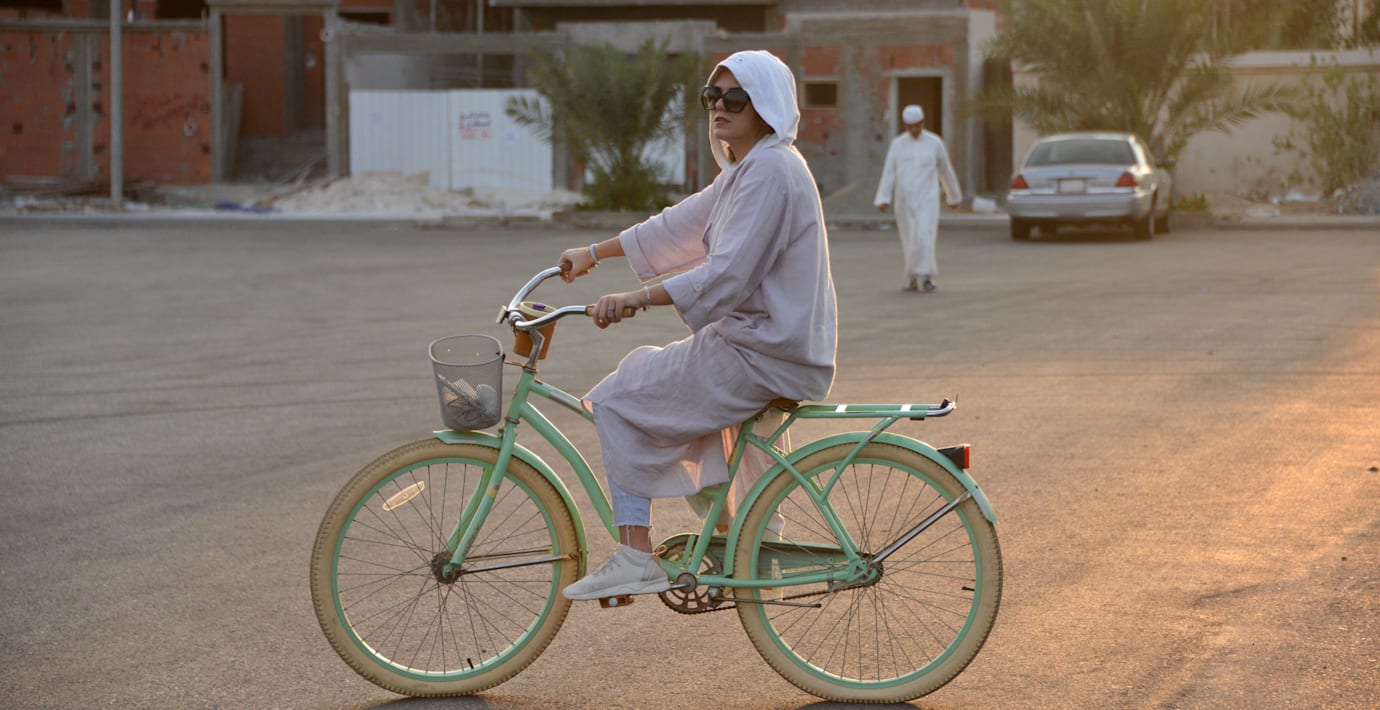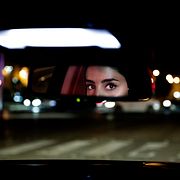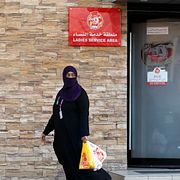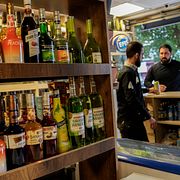
Analys: Appen bara del av större tekniskt kontrollnät
Google och Apple hjälper Saudiarabien att upprätthålla ett förtryckande system genom den statliga appen Absher som gör det möjligt för män att kontrollera hur kvinnliga anhöriga rör sig, skriver SvD:s Jenny Nordberg i en analys i SvD.
It-jättarna kan visserligen stänga ner appen, skriver Nordberg men tillägger att det bara är ”att skrapa på ytan av det elektroniska system som Saudiarabien skapat de senaste åren för att kontrollera sina egna medborgare – var de än befinner sig.”
BBC:s tech-korrespondent Rory Cellan-Jones skriver att teknik har blivit ännu en boja för saudiska kvinnor som vill lämna förtrycket. Om den aktuella appen stängs ner så erbjuder den saudiska regeringens webbportal ändå samma verktyg för att kontrollera kvinnor.
Läs även:
bakgrund
Kvinnors rättigheter i Saudiarabien
Wikipedia (en)
During the late 20th and early 21th centuries, women's rights in Saudi Arabia were limited in comparison to the rights of women in many of its neighboring countries due to the strict interpretation of sharia law in place in Saudi Arabia. The World Economic Forum's 2016 Global Gender Gap Report ranked Saudi Arabia 141 out of 144 countries for gender parity, down from 134 out of 145 in 2015. The United Nations Economic and Social Council (ECOSOC) elected Saudi Arabia to the U.N. Commission on the Status of Women for 2018–2022, in a move that was widely criticised by the international community. Women in Saudi Arabia constituted 13% of the country's native workforce as of 2015.Among the factors that define rights for women in Saudi Arabia are government laws, the Hanbali and Wahhabi interpretation of Sunni Islam, and traditional customs of the Arabian Peninsula. Women campaigned for their rights with the women to drive movement and the anti male-guardianship campaign, with the result that some improvements to their status occurred during the second decade of the twenty-first century.
Women were previously forbidden from voting in all elections or being elected to any political office, but in 2011 King Abdullah let women vote in the 2015 local elections and be appointed to the Consultative Assembly. In 2011, there were more female university graduates in Saudi Arabia than male, and female literacy was estimated to be 91%, which while still lower than male literacy, was far higher than 40 years earlier. In 2013, the average age at first marriage among Saudi females was 25 years. In 2017, King Salman ordered that women be allowed access to government services such as education and healthcare without the need of consent from a guardian. In 2018, King Salman issued a decree allowing women to drive, lifting the world's only ban on women drivers in Saudi Arabia.
Omni är politiskt obundna och oberoende. Vi strävar efter att ge fler perspektiv på nyheterna. Har du frågor eller synpunkter kring vår rapportering? Kontakta redaktionen



